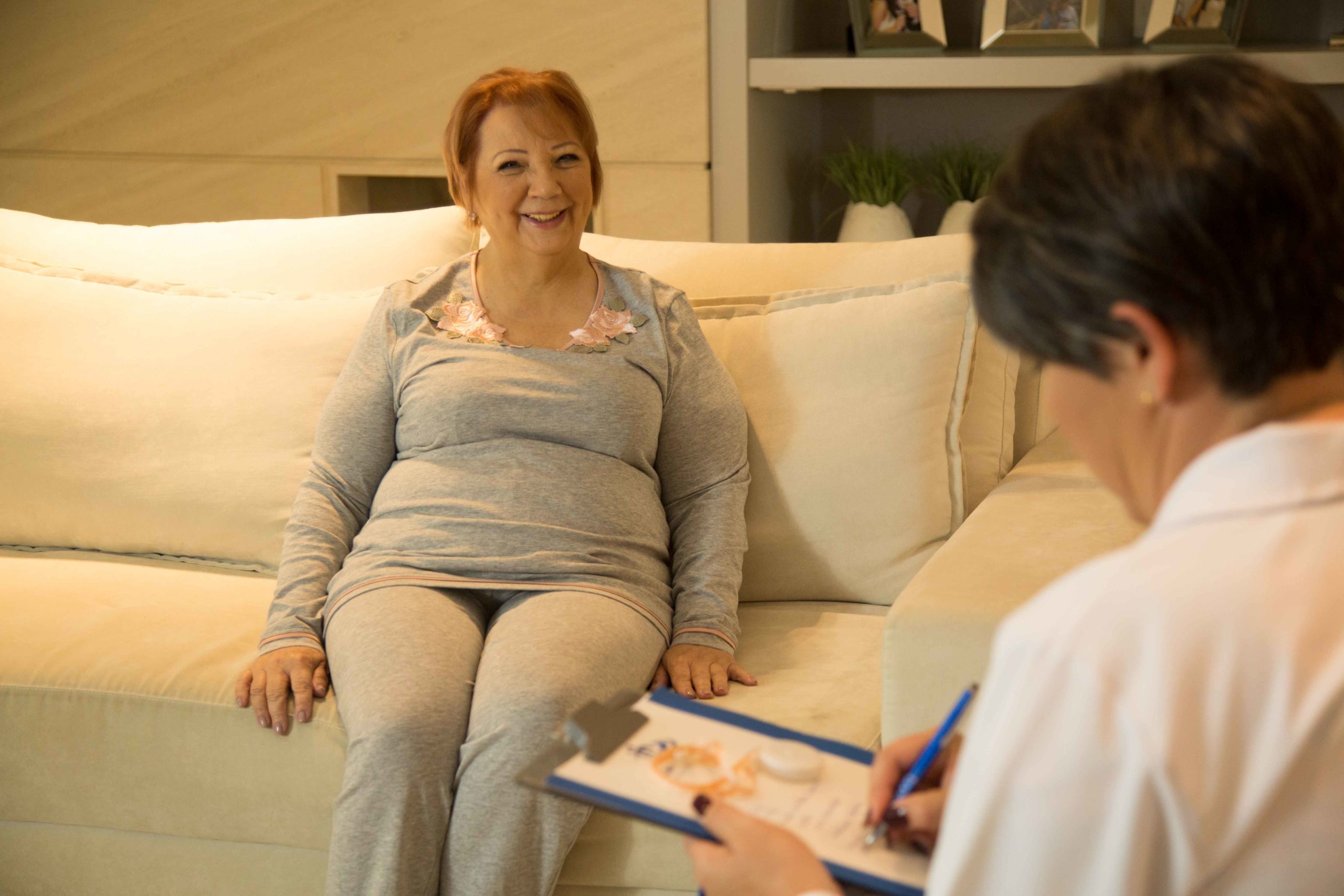Awareness of the topic is important to prevent depression
Anyone who thinks that mental health care is still “for a few” is wrong. The World Health Organization (WHO) estimates that more than 300 million people worldwide suffer from depression. Yet each year, approximately 800,000 lives are lost to suicide. Despite this, less than half of affected people receive adequate treatment, even though there are already effective resources for treating and improving the condition.
“Unfortunately, this topic is still taboo for many, which means that people do not talk so openly about depression and suicide, just as they usually do not talk about death in general, denying that it exists,” says psychologist Ana Paula Mazorca, from Lar e Saúde, one of the largest home care service providers in Brazil. “Often, family members of patients undergoing treatment committed suicide and this is not discussed in the family. Still, many people do not believe in depression, they think that being well is a choice”, he adds, noting, however, that little by little this is changing, as if a seed had been planted.
In the case of home care, psychological assistance can be crucial for the success of a treatment and varies according to the complexity and diagnosis of each case. Although it is more associated with patients with limited mobility, due to clinical limitations, home care also encompasses palliative care, post-surgical care and chronic management.
“I have palliative patients whose prognosis is closed, with no expectation of improvement. At the same time, I have cases where the person loses a function, so they have to deal with functional grief. It is a complex care that must be adapted to each case”, says Ana Paula.
In home care, psychological assistance can be requested through a medical request or a professional who is accompanying the patient.
Treatment involves professionals and family
Defining the best strategies and approaches for treatment is essential for patient follow-up. In this case, working together with other health professionals – such as doctors of different specialties, physiotherapists, nurses, occupational therapists and speech therapists – and, especially, with the family of the person being assisted, is essential to achieve a successful result.
“It’s a joint treatment. From the moment you are at home, you are in the patient’s environment, inserted in their support network. Thus, it is necessary to create a very good bond with the main caregiver and understand the support dynamics of the family. This makes all the difference in treatment. It is also very important for all professionals to be attentive to the patient, in order to identify demands, behaviors and even a possible lack of limits on the part of the family. It’s a set of looks that interfere in the improvement”, advises the psychologist.
The family relationship, after all, has a great influence on the patient’s recovery process. Although the presence of the family is beneficial for the support of the patient, extra care must be taken, as fathers, mothers, children or siblings often also need to be welcomed.
“When there are acute episodes, often the family ‘feels’ more than the patient. There is great suffering, since in some cases there is loss of functions or changes in behavior are verified. Even so, it is necessary to understand the importance of giving autonomy and privacy to the patient. Sometimes a procedure becomes an ‘event’, with everyone in the room. A diaper change, for example, is something intimate, and it is important that it be respected”, says Ana Paula.
empathy as medicine
Just as psychological care in home care requires attention that goes beyond the patient, knowing how to differentiate care at home is also essential. In this case, empathy, welcoming and listening are crucial.
“We try our best to maintain a professional relationship, but we get much more involved with the patient, with their history. In home care, we are experiencing suffering together with family members. Therefore, it is necessary that professionals take care, listen, welcome, understand the demands and limitations and not arrive imposing a treatment. Professionals need to be prepared for the home, take greater care, as the conditions are very different compared to a clinic“, points out the professional from Lar e Saúde.
This is also true for family members. Welcoming and understanding the sick is essential. According to Ana, many want to comfort, but they end up repressing the patient’s pain by saying that they don’t need to cry or that the situation could be worse.
“It is important for the patient to say what he is feeling and to impose limits. When he shuts up, there might even be some physical reflex. Sore throats and headaches, for example, say a lot about what the patient doesn’t talk about. In this scenario, psychotherapy is enough to rescue the autonomy of choice and validate the patient’s feelings and pain”, concludes Ana Paula.



